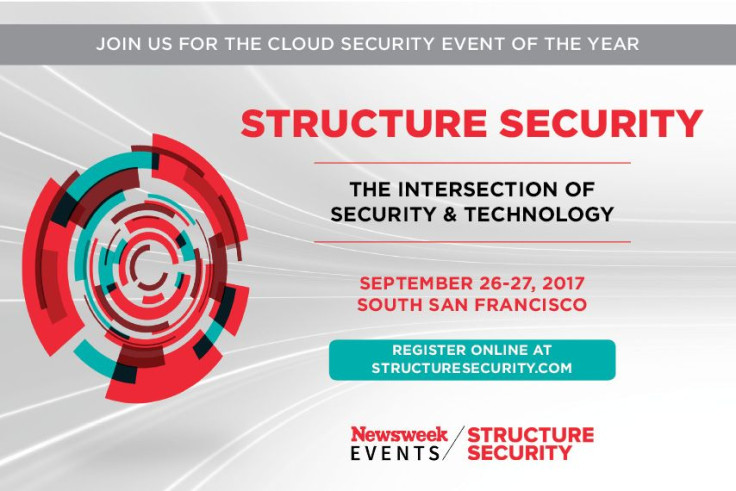Government Unmasking: US Court Will Rule In Secret If Government Can Unmask Glassdoor Users
An appeals court in the United States announced it will decide in secret if the government can unmask users of employment review site Glassdoor.
The Ninth Circuit court issued an order signed by the court Clerk Molly Dwyer that it will keep under seal a case in which law enforcement has issued a subpoena asking for the identities of more than 100 anonymous Glassdoor users as part of a fraud investigation.
Read: Twitter Sues Government: Trump Admin Demanded Twitter Unmask Anonymous Critic, According To Lawsuit
The case federal prosecutors are pursuing deal with apparent fraudulent contracting practices and the government believes the commenters posting on Glassdoor are “third-party witnesses to certain business practices relevant to [the] investigation."
While the original request including more than 100 users, the government later whittled the list down to eight commenters. Glassdoor offered a compromise to the request, suggesting that it would notify the users in question about the subpoena and allow them to identify themselves if they were willing to participate in the investigation.
The government decided to reject the compromise offered by Glassdoor, which the review company responded to by seeking to have the subpoena thrown out on First Amendment grounds.
The company has insisted that it has “no desire to interfere” with the investigation but does not want to forcibly unmask its users for fear that it could “have a chilling effect on both Glassdoor's reviewers' and readers' willingness to use” the website.
The government has already prevailed over Glassdoor’s case in district court, where Judge Diane Humetewa found the case Glassdoor’s defense relied upon did not apply to the case. Glassdoor cited a 1972 case, Bursey v. U.S., that protected “anonymously print[ed] and distribute[d] critiques of the government.”
Judge Humetewa determined Glassdoor users don’t get the same protection because their speech isn’t political—it deals with their employers.
“The fact that the relevant users in this case work (or worked) for a publicly-funded program does not make this speech political. Nor does it transform the reviewers from individuals voicing concerns about fraud into an association engaged in advocacy,” Judge Humetewa wrote.

Public Citizen attorney Paul Levy has questioned the court’s decision. Levy, who intends to submit an amicus brief to the appeals court regarding the case, said, “the government's contention... that the speech in the employee reviews enjoyed something less than full First Amendment protection, because they are not 'political speech,' is also plainly wrong.”
Levy has called the case "a significant free speech issue bearing on the rights of anonymous Internet users" and has argued the case is in the public interest and should be carried out in public rather than under seal.
The case marks the latest attempt by the government to ask for user information from tech companies without allowing the companies to inform the users in question. Earlier this year, Twitter fought an attempt by the Trump administration to unmask a user who had been critical of the president.
Tech companies have fought against attempts by law enforcement to enforce gag orders on subpoenas that make it next to impossible for the companies to inform users of government agencies accessing their personal information.
© Copyright IBTimes 2024. All rights reserved.





















